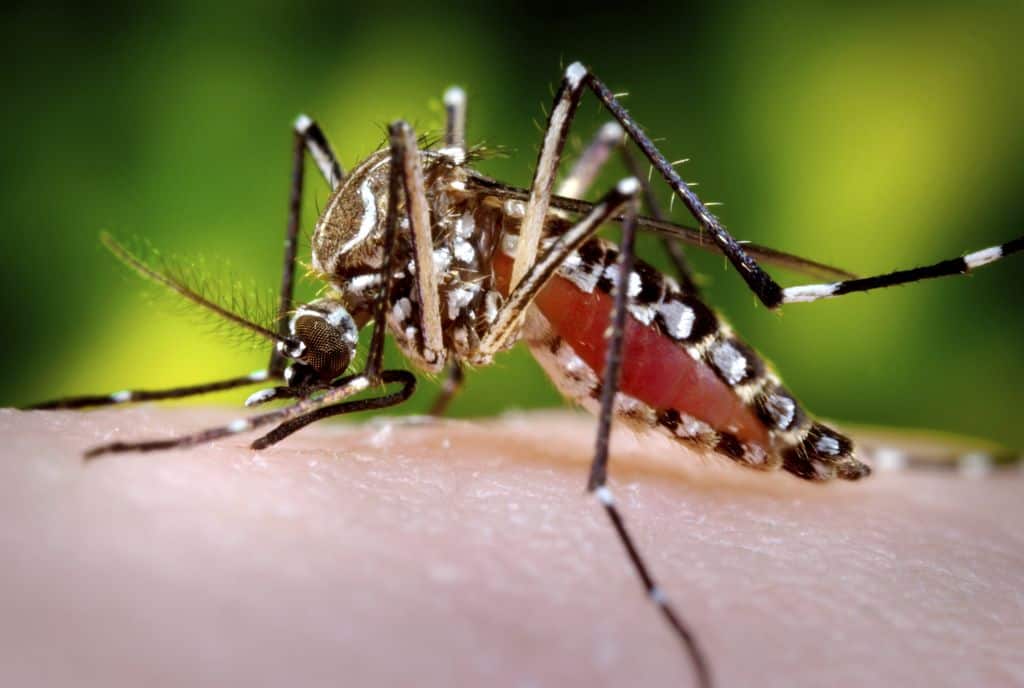Costa Rica’s Health Ministry declared an outbreak of dengue in the San José canton of Pérez Zeledón, the institution said this week.
To date, the Health Ministry has recorded 2,689 nationwide dengue cases, nearly three times as many as the 920 cases registered at the same time last year.
Of those, 215 cases correspond to the canton of Pérez Zeledón, located in the Brunca region of Costa Rica and about 40 miles southeast of the Greater Metropolitan Area (GAM).
Authorities there have invested 80 million colones (about $140,000) to combat the spread of dengue this year, according to the Health Ministry, though the institution stressed the importance of individual actions for containing the mosquito-borne disease.
Particularly during the rainy season, the public should:
- Eliminate standing water on their property.
- Apply mosquito repellent on exposed skin.
- Wear long-sleeved shirts and long pants.
- Use mosquito nets.
Central American health experts have warned about the potentially catastrophic combination of dengue during the ongoing coronavirus crisis. Last year, at least 30 public hospitals in Honduras became saturated due to dengue patients alone.
Dengue is a mosquito-borne viral infection that is primarily transmitted by the Aedes aegypti species, which is also a vector of chikungunya, yellow fever and Zika viruses. Rain creates ideal conditions for mosquito breeding.
There is no specific treatment for dengue fever, and the World Health Organization estimates 390 million dengue virus infections occur each year, primarily in Asia.
“Early detection and access to proper medical care lowers fatality rates below 1%,” the WHO says.






